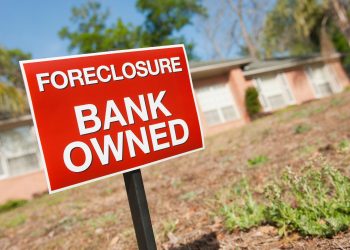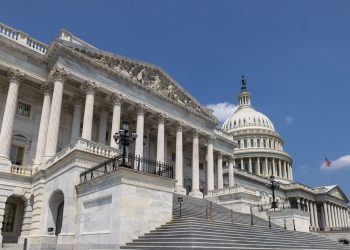
By Ralph R. Roberts
RISMEDIA, Dec. 4, 2007-According to Realtor Lori Polin, she was totally unaware that what she was involved with consisted of real estate and mortgage fraud. If ignorance of the law was an appropriate defense, she could be off the hook. Unfortunately it’s not. According to a recent story in the St. Petersburg Times titled, “Unsigned letter accuses agent of mortgage fraud,” Polin was allegedly involved in classic cash back at closing schemes.
Here’s how a cash-back at closing scheme works: The buyer pays more for a property than it’s worth, and the seller agrees to kick back the surplus cash to the buyer at the closing. On its surface, cash back at closing seems to benefit everyone involved. The buyer pockets some extra cash. The seller unloads his house at or near the asking price. The real estate agent gets a bigger commission. The loan officer chalks up another successful loan. And the lender stands to earn more interest over the life of the loan. Everybody wins.
Or so it seems.
Unfortunately, as with most deals that seem too good to be true, cash back at closing schemes are just another way of scamming someone-in this case, the lender, who’s fooled into loaning more money than the collateral used to secure that loan is worth. If the borrower defaults on the loan (which is almost a sure thing in cash back at closing schemes), then the lender can’t recover the money by selling the property.
Cash back at closing also:
– Inflates housing values, making housing less affordable
– Artificially raises property taxes
– Hurts honest real estate agents because they lose business to dishonest agents who offer cash back deals
– Stimulates foreclosure and destroys neighborhoods that begin to buckle when homeowners default on the inflated loans
With cash back at closing, what may have seemed like a win-win situation leaves plenty of losers in its wake.
According to an anonymous letter distributed to the press and many of Polin’s colleagues, Polin artificially inflated the prices of nine homes in Tampa and North Pinellas, so buyers could get larger loans. In most cases, the homes were mortgaged for approximately $100,000 more than their true market value, and if the allegations prove true, then these transactions definitely fall into the category of cash back at closing. The perpetrators need to be brought to justice. The question is, did Polin do anything wrong?
Polin firmly believes she is innocent, because “All these deals were put together by attorneys and title companies and lenders.” All she did was list and sell the homes. Some of the evidence, however, makes it look as though Polin could not possibly be unaware of what was going on.
In the case of Iris Alfonso, for example, Alfonso’s house had been on the market for several months when Polin allegedly asked if she would accept a reduced price of $449,900. Shortly thereafter, Alfonso received a purchase contract offering her $540,000 for her home. Why would any buyer offer a seller $90,100 more than the seller was willing to accept? The only possible answer is cash back at closing.
According to Polin, she simply listed the homes for sale. What the buyer and seller agree to has nothing to do with her, according to Polin. If the reported incidents did occur, a law was clearly broken.
As the FBI states: “It is illegal for a person to make any false statement regarding income, assets, debt, or matters of identification, or to willfully overvalue any land or property, in a loan and credit application for the purpose of influencing in any way the action of a financial institution.”
Whether or not Polin broke the law and is guilty of conspiring to commit fraud is up to law enforcement and the courts to decide. Whatever the outcome, this case highlights the need for real estate and mortgage fraud training in the real estate and mortgage lending industries.
Attorneys and law enforcement agencies could also benefit from such training programs. Time and time again, I hear about professionals who should know better becoming involved in fraudulent transactions. Some are willing accomplices or even ringleaders. Others are unwilling accomplices or victims who are simply abused by savvy con artists. By receiving the proper training, these professionals can help defend themselves, their clients, and the housing industry from those who are committed to destroying the American Dream of homeownership.
Ralph R. Roberts is a real estate fraud expert and activist and co-author of Protect Yourself from Real Estate and Mortgage Fraud: Preserving the American Dream of Homeownership (Kaplan, August 2007).
For more information, visit http://flippingfrenzy.com, contact Ralph at RalphRoberts@ralphroberts.com or call 586.751.0000.










